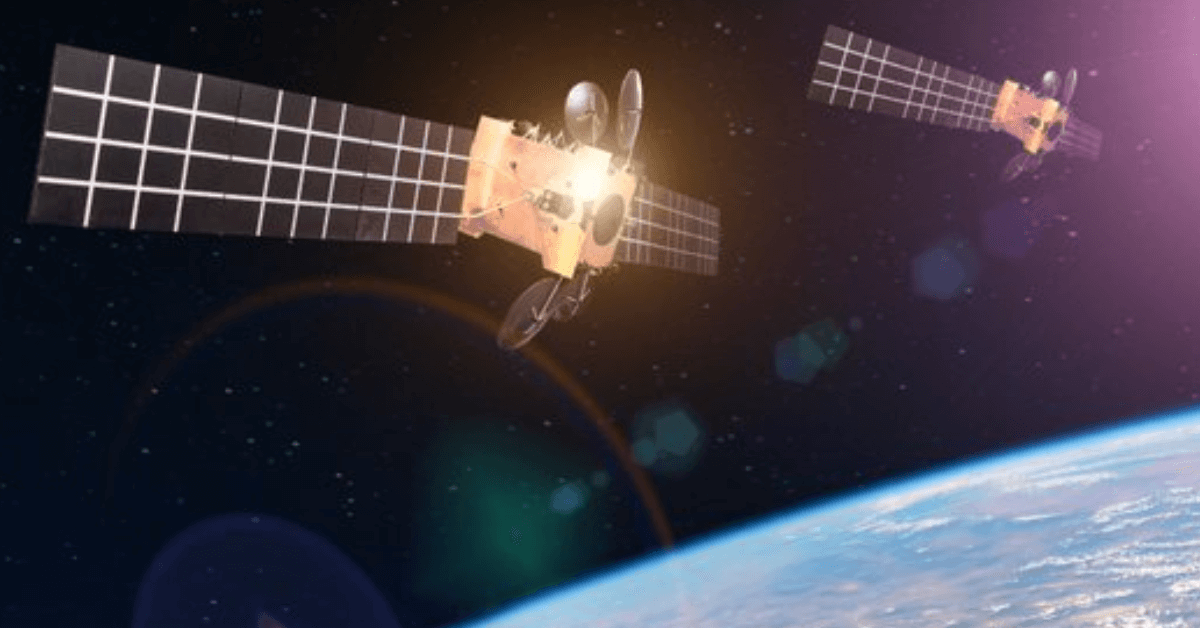Protect Satellite Navigation From Interference, UN Agencies Urge
Aviation,maritime,and telecommunications sectors are sounding the alarm about a troubling rise in jamming and spoofing incidents affecting satellite navigation systems.
The International Telecommunication Union (ITU), along with the International Civil Aviation Organization (ICAO) and the International Maritime Organization (IMO), has expressed serious concern over these disruptions. They emphasize that it’s crucial for nations to bolster protections for vital radio-frequency bands used by Global Navigation Satellite Systems (GNSS).
These interferences manifest as jamming or spoofing,which can severely impact services under the Radio Navigation satellite Service (RNSS). In a joint statement from their Secretaries-General, they outlined five essential actions that countries must take:
- Safeguard RNSS from harmful interference impacting civilian and humanitarian efforts.
- Enhance resilience of navigation, positioning, and timing systems reliant on RNSS.
- Maintain conventional navigation infrastructure as a backup.
- Foster collaboration among regulatory bodies across aviation, maritime sectors, defence agencies, and law enforcement.
- Establish thorough mechanisms for reporting interference incidents.
Arsenio Dominguez, Secretary-General of IMO, highlighted that “the safety of seafarers hinges on robust systems for safe navigation.” He warned that disruptions to GNSS could lead to risky situations at sea like collisions or groundings. Dominguez urged all nations to prioritize protection of these critical navigational tools.
Ships depend heavily on GNSS technology for various functions related to location tracking and precise timing—key elements not just for navigation but also integral to emergency response frameworks like the Global Maritime Distress and Safety System (GMDSS).
According to Regulation V/19.2.1.6 of the SOLAS Convention established in 1974: “Every ship must have access to either a global satellite system receiver or an alternative terrestrial radio system capable of determining its position automatically throughout its journey.”
The IMO’s Maritime Safety Committee has called upon Member States via MSC.1/Circ.1644 to take necesary steps against interference originating within their borders as per ITU Radio Regulations; this includes issuing alerts about known interferences affecting specific areas during certain times.
Article 4.10 of ITU Radio Regulations emphasizes that safety services require special measures against harmful interference when assigning frequencies.
ICAO Secretary-General Juan Carlos Salazar noted that disruptions in radio navigation can affect aircraft operations well beyond localized areas—posing risks across extensive flight regions—and reaffirmed ICAO’s commitment to collaborating with Member States on protective measures through existing aviation safety protocols.“Global Navigation Satellite Systems are essential not just in aviation but also on land and at sea,” stated ITU secretary-General Doreen Bogdan-Martin emphatically adding that uninterrupted operation is vital for public safety and resilience in critical services we rely upon daily.
Press Release
Content Original Link:
Original Source FAN Transport Insight
" target="_blank">



















































